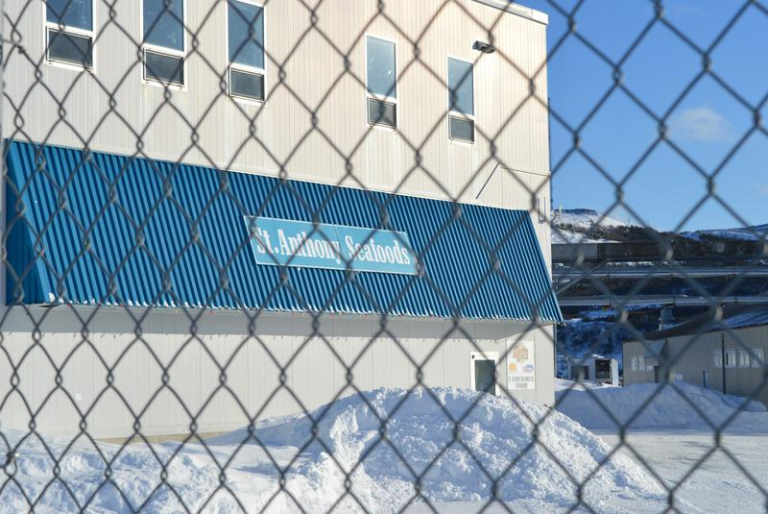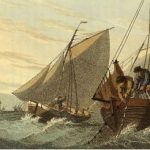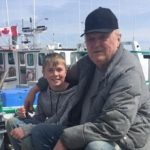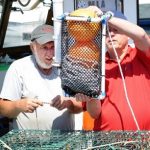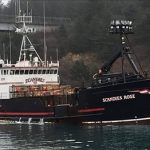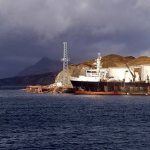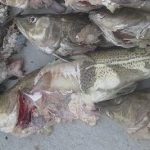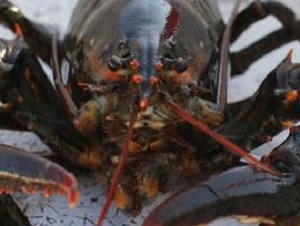FISH-NL slams redfish deal that would give quota to Qalipu First Nation when inshore harvesters have nothing to fish
 FOR IMMEDIATE RELEASE July 11th, 2017
FOR IMMEDIATE RELEASE July 11th, 2017
The Federation of Independent Sea Harvesters of Newfoundland and Labrador (FISH-NL) is deeply concerned over media reports that the Corner Brook-based Qalipu band, Barry Group, and federal government are in talks to start divvying up a rebounding redfish stock in the Gulf of St. Lawrence.
“Inshore harvesters and their enterprises are the engines of rural communities, live adjacent to the resource, and have an historical attachment that goes back hundreds of years,” says Ryan Cleary, President of FISH-NL. “Inshore harvesters — and inshore harvesters alone — must have priority access to fish stocks off our shores.”
“The Qalipu First Nation has absolutely no investment in the redfish fishery, and absolutely no history of fishing it,” says Boyd Lavers, an inshore harvester from Port Saunders, and Captain of FISH-NL’s over 40-foot fleet.
“Inshore harvesters have been left with nothing only payments on boats and gear that they have no way of making. This is the ultimate slap in the face.”
The Barry Group, headed by west coast businessman Bill Barry, has formed a partnership with Qalipu First Nation, and are in talks with Ottawa for a redfish quota in the Gulf.
The federal Department of Fisheries and Oceans currently considers redfish an “at-risk” species, but the Gulf stock is said to be experiencing a dramatic turnaround. By the time a quota is allocated in 2019, it could be in the tens of thousands of tonnes.
There’s no word on how much redfish the Qalipu band are looking for from Ottawa, but it would have to be enough to feed two fish plants, which Barry is prepared to spend $20 million on rebuilding in Benoit’s Cove and Port aux Basques.
The Qalipu will get royalties from the harvesting and processing of redfish, which the Barry Group will control.
Harvesters say if they’re hired to catch the redfish they would get less per pound than if they held the quotas themselves, and without holding the rights to quota they have no way to secure a bank loan to finance gearing up for the fishery.
Earlier this year, DFO won a court victory to prevent corporate control of the inshore fishery, but it’s feared that deals such as the one between Barry and the Qalipu would put control in corporate hands.
“The only people that can control sustainability are fish harvesters themselves,” said Cleary. “Not politicians, and not plant owners.
Contact Ryan Cleary: 682 4862

































